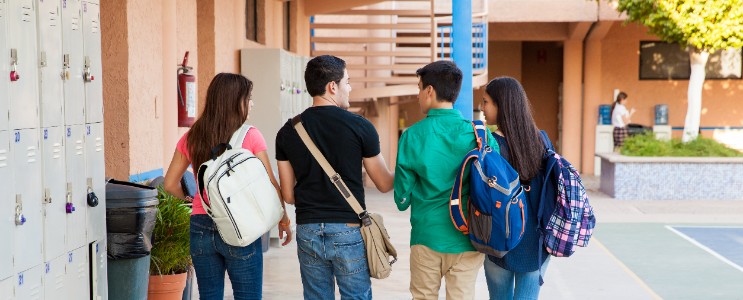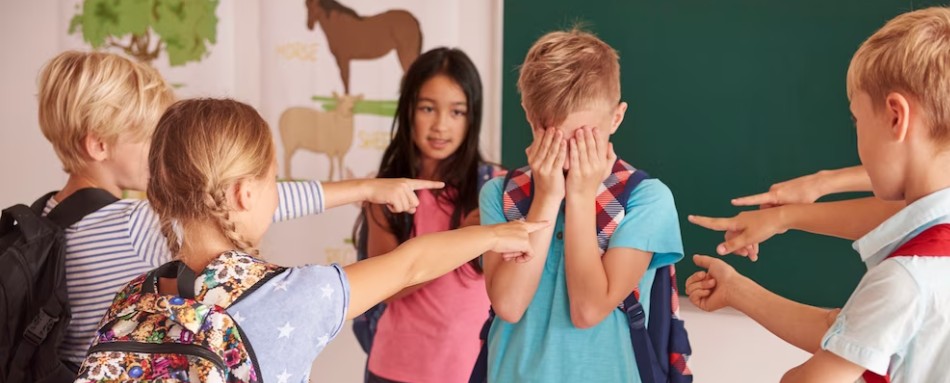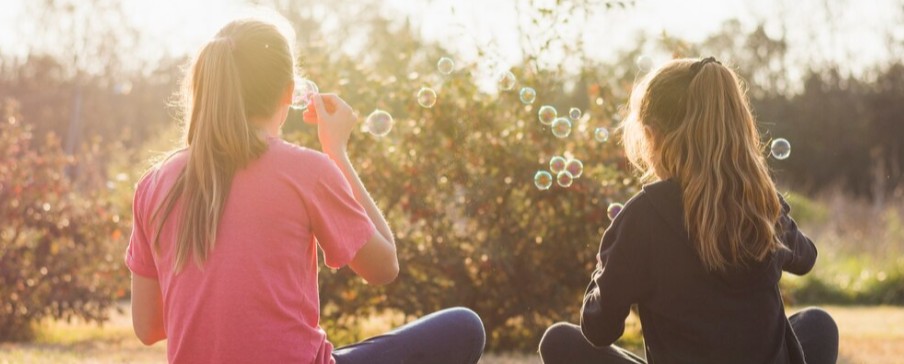
Random Acts of Kindness & Mental Health
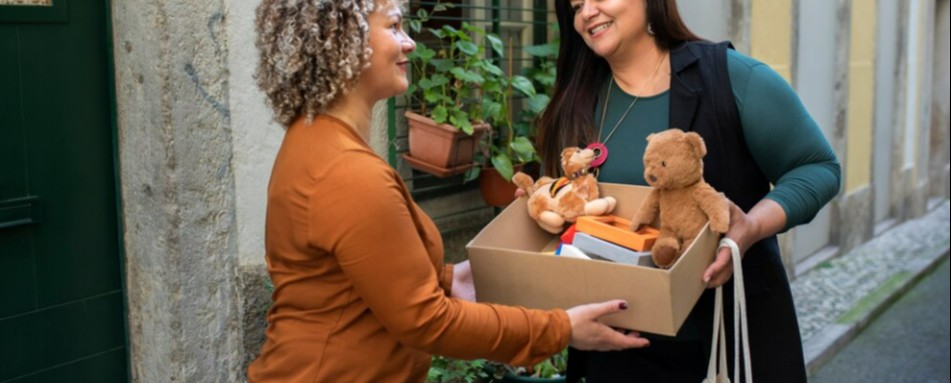
Random Acts of Kindness Week
It's Random Acts of Kindness Week, a global movement celebrating the transformative power of small, unexpected deeds. But kindness isn't just a weeklong activity; it's a way of life that can positively impact individuals, communities, and even the world.
What is a Random Act of Kindness?
Imagine paying for the coffee of the person behind you in line, leaving a handwritten note encouraging a stranger, or simply offering a genuine smile. These seemingly insignificant gestures are the heart of random acts of kindness. They are spontaneous, selfless acts of generosity that uplift someone's day without expecting anything in return.
The Mental Health Connection:
Beyond brightening someone else's day, random acts of kindness have a profound impact on our mental well-being. Studies reveal that performing acts of kindness triggers the release of oxytocin, a hormone associated with happiness and trust. This creates a positive feedback loop, encouraging us to repeat these acts and further boosting our mood. Research suggests it can even lower stress hormones like cortisol.
Furthermore, witnessing kindness around us fosters a sense of connection and belonging, reducing feelings of isolation and loneliness. In a world often riddled with negativity, random acts serve as beacons of hope, reminding us of the inherent goodness in humanity. Random acts of kindness remind individuals that they are cared for and valued, creating a ripple effect of hope and positivity.
Spreading Kindness in the community
Random acts of kindness create a happier and healthier society by building stronger communities, promoting empathy and compassion, and creating a ripple effect of positivity.
Spreading Kindness at Home:
- Gratitude Games: Take turns expressing appreciation for each other's contributions, big or small.
- Acts of Service: Offer to help with chores, run errands, or simply lend a listening ear.
- Creative Kindness: Leave uplifting notes hidden around the house, draw silly pictures, or surprise each other with small gifts.
- Family Bonding: Volunteer together or participate in community events, fostering a sense of shared purpose.
Kindness at Work:
- Acknowledge your colleagues: Offer sincere compliments, celebrate achievements, and be a source of encouragement.
- Offer a helping hand: Be available to assist with tasks, share resources, or offer moral support.
- Spread positivity: Leave inspirational quotes on desks, offer snacks, or organize team-building activities that promote laughter and connection.
- Express gratitude: Thank coworkers for their big and small contributions, fostering a culture of appreciation.
Kindness in the Classroom:
- Empower with Choice: Offer opportunities for students to choose acts of kindness, fostering autonomy and ownership.
- Start Small: Encourage daily acts of kindness, like holding doors open, complimenting peers, or helping with classroom tasks.
- Role-playing Scenarios: Discuss real-life situations where kindness can be applied, allowing students to practice empathy and social awareness.
- Celebrate Kind Acts: Recognize and reward students who demonstrate kindness, creating positive reinforcement and inspiring others.
One small act can inspire others to pay it forward, creating a chain reaction of positivity that spreads throughout communities. It challenges cynicism, fosters trust, and ultimately, makes the world kinder, and more empathetic.
So, let's embrace the spirit of Random Acts of Kindness Week and beyond. Look for opportunities to sprinkle kindness into everyday interactions, no matter how small. Remember, however seemingly insignificant, every act has the power to make a difference, not just for others, but for ourselves and the world we share.
Articles
Build your awareness and get inspired with our researched articles on how you can strengthen your well-being
Popular Topics
An OTP has been sent to the email address
provided.
Please check your Inbox and Spam folders.

What Would You Like to Speak with a Specialist About?
Mental Fitness Journey starts Now!
Chearful Connects you with Top-tier Qualified Wellness specialists for the Price of a cup of Coffee!

Next Steps
- A Client Team member will reach out to you to schedule a session with the most suitable specialist.
- You will receive an email with a 10% Discount Code* for your 1st session.
- We invite you to Explore the Platform & Sign Up today! *Upto a maximum of $10 discount on a session purchased



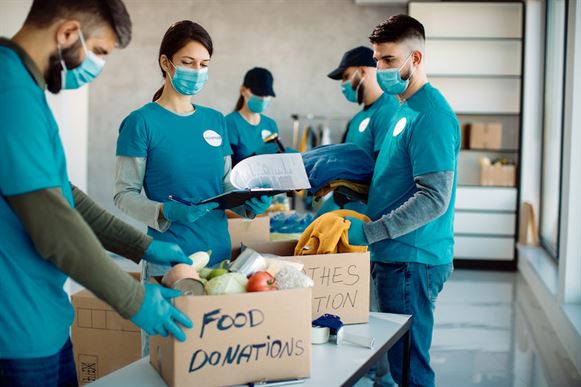
 2205 Read
2205 Read




.jpg)
